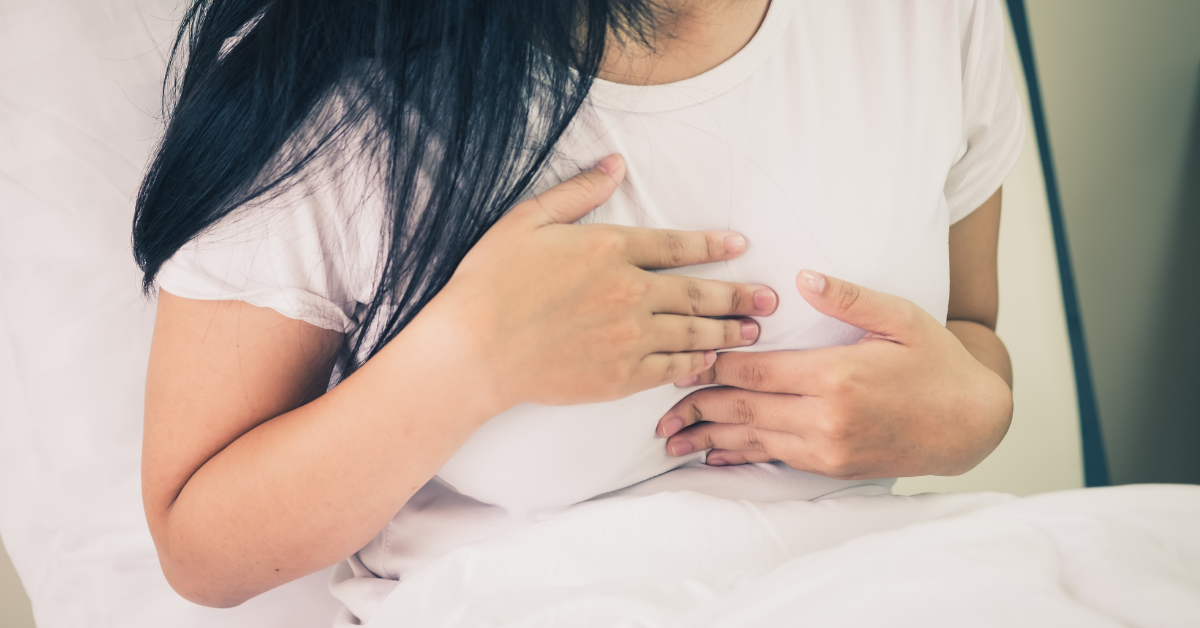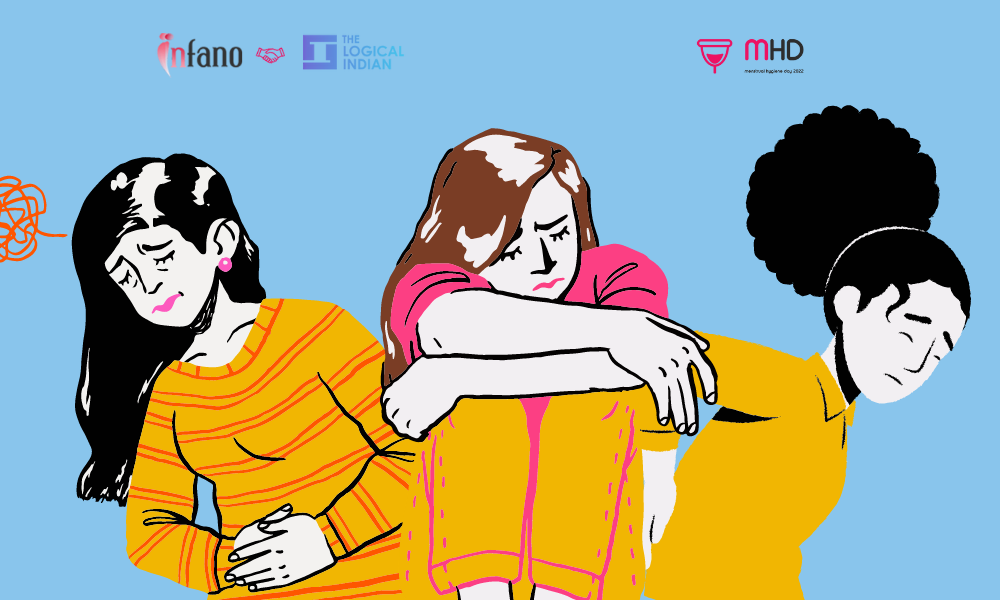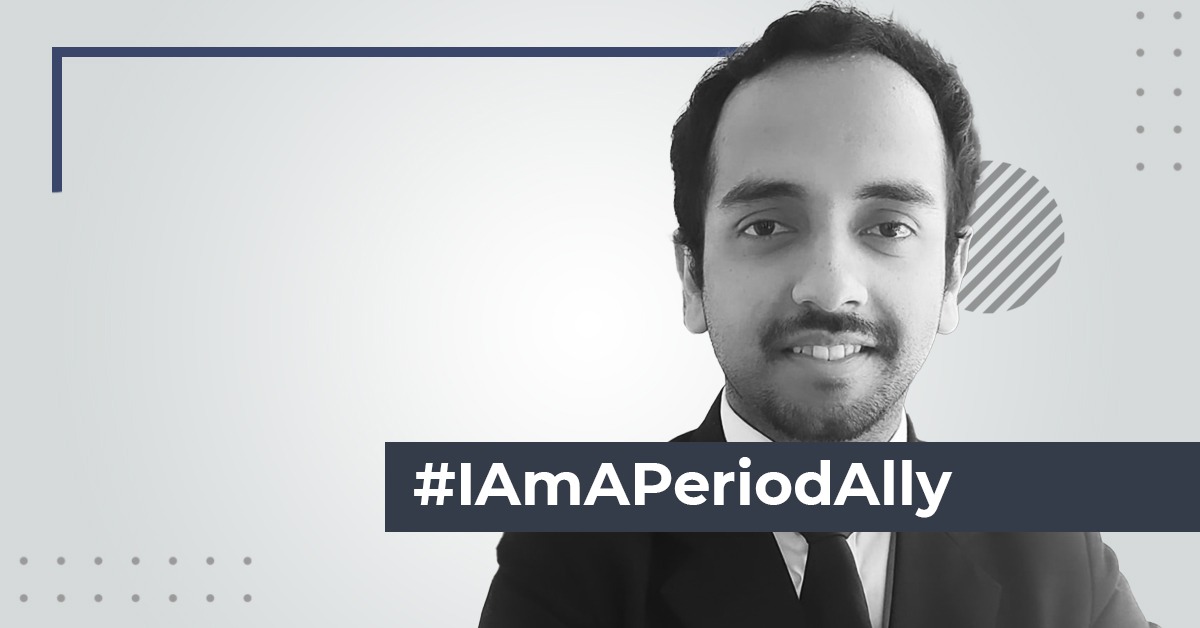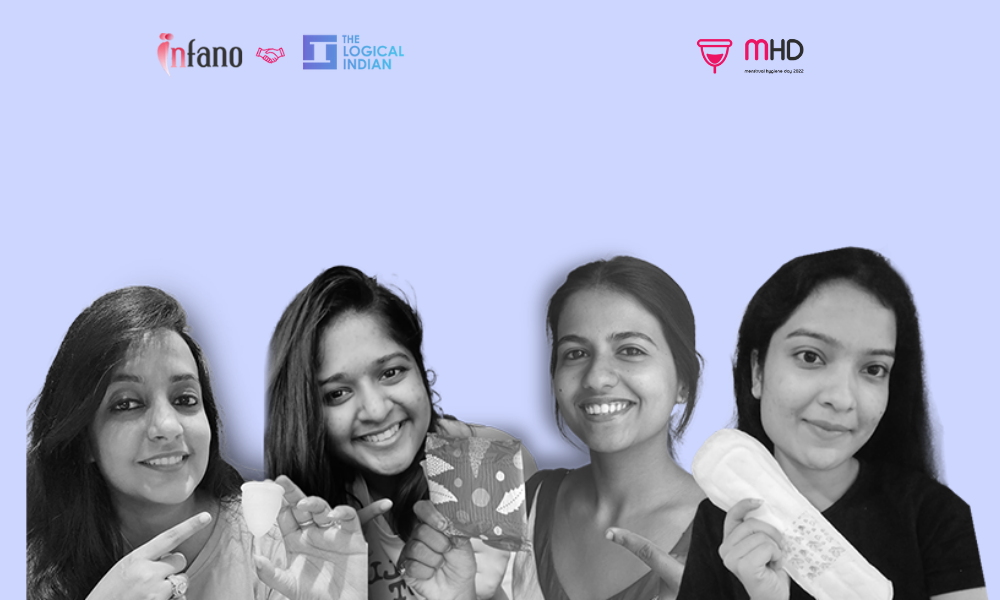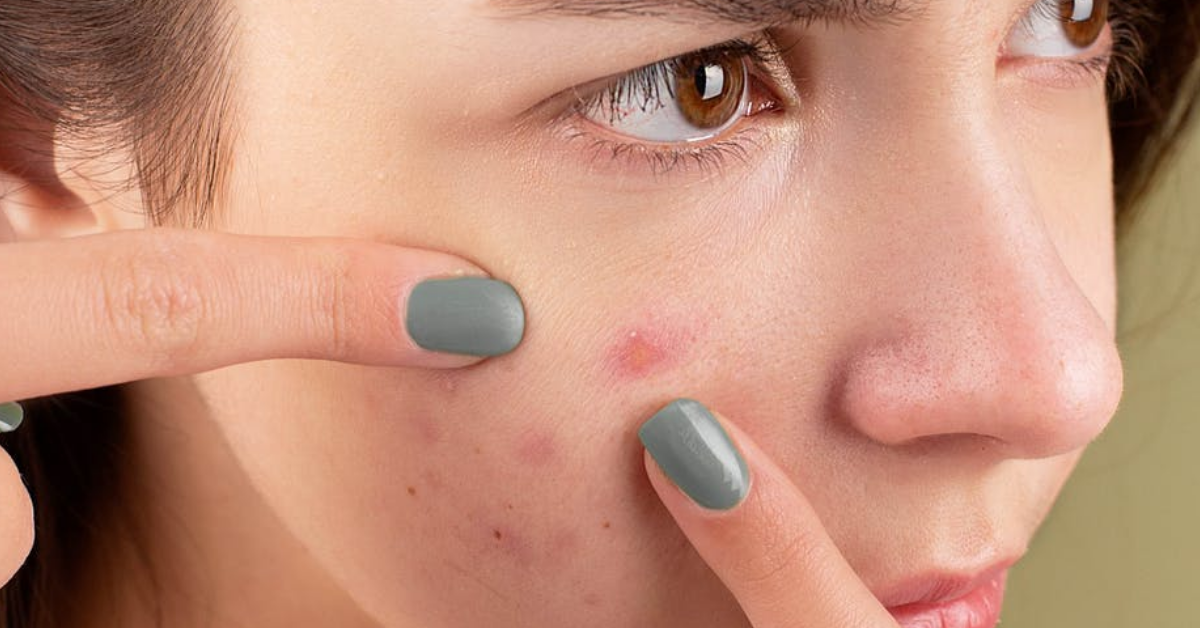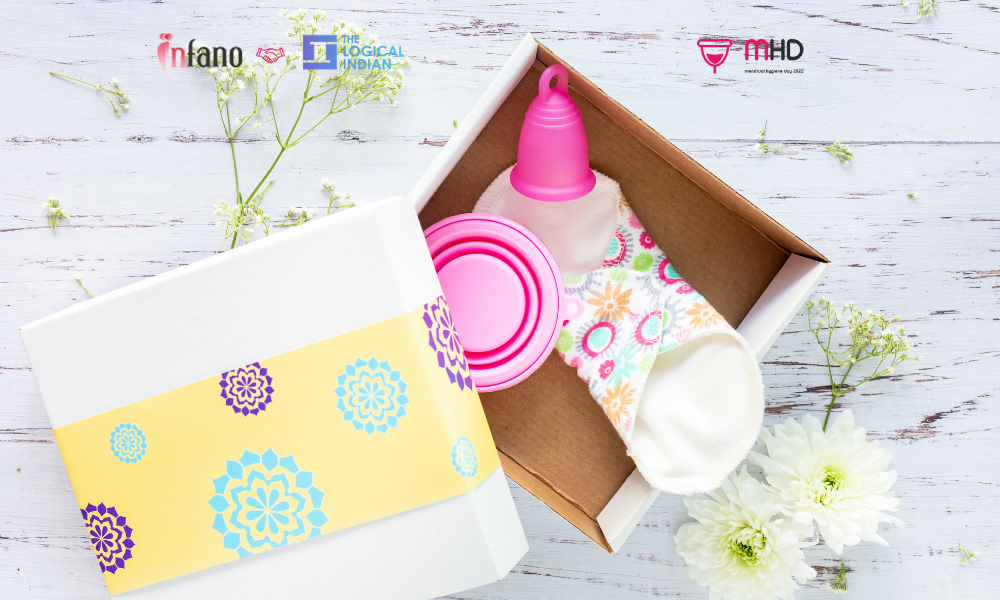For many women with PCOS, the best thing they can do to reduce PCOS symptoms is to lose weight. PCOS is a hormone imbalance that can cause weight gain. PCOS diets are difficult because weight gain happens no matter what kind of effort you do. This is becoming one of the major areas of research as far as women’s health is concerned
Have you just spent the last few years trying to lose weight without any luck? Well, so did I. From being diagnosed with PCOS in my teens, weight gain and I have had a relationship for years. I must have tried every possible thing on the planet to lose weight. Every method, every diet. My relationship with my body and food has been so unhealthy that I was always looking out for what I am eating, feeling guilty for overeating, and punishing myself by avoiding my favorite foods.
The result- I was always unhappy. I suffered from a very poor body image and self-esteem. I was self-conscious in social gatherings as I was constantly the butt of jokes for being fat. My coping mechanism became calling myself fat before anyone could and cracking jokes about myself before others and making them laugh so no one else would do it. I was that fat funny girl. Everyone loved me. But I hated myself. Loathed me even. It took me years to accept myself and my body with all its flaws, respect it for all the functions it does to keep me alive, and not berate myself for a size that someone decided was the only way to be beautiful.
So why is it so difficult to maintain a healthy weight if you have PCOS?
New research has found that scientists may have finally identified what causes PCOS- while people with the disorder had an excess of body fat, it was unrelated to increased levels of fat in their blood. Many people have trouble losing weight with PCOS because they’re not looking at the bigger picture.
The calories in versus calories out model is incomplete. It does not take into account many other factors. If this was the only weight regulation mechanism, then every person would have to count calories to stay at a constant weight. With PCOS, you have a rigid diet to follow and it’s very difficult to eat just one piece of toast without going overboard. The rigid guidelines make it impossible to find the correct amount of carbohydrates and fats per day.
What Leptin, the famine survival hormone, is doing?
Leptin’s role is to help our body preserve its fat stores should it take time for famine conditions or an agrarian lifestyle. Unfortunately, our hormones have failed to keep up with the evolution of 24-hour drives-through and convenience stores, which offer sweets and fast food.
Our body already thinks we’re in “feast and famine” mode due to hormones. To prevent death from starvation, our main hormone that maintains adequate fat stores, leptin, does all it can to store as many fat reserves as possible. Fortunately, leptin resistance can be addressed by increasing one’s intake of polyunsaturated fats.
It is difficult to lose weight with PCOS due to the rampant levels of leptin in your body thanks to your fat stores. New studies are shedding light on the thermostat that controls weight gain that is our hypothalamus. The more fat you have, the higher the level of leptin.
How Leptin Regulation Affects Weight Loss?
In PCOS the body can develop hair on the face, chest or around the nipples, acne, irregular periods, and possible weight gain. This can lead many sufferers to start dieting with little success because the hypothalamus detects low leptin levels and suffers from serotonin dysregulation. The sufferer can also have trouble regulating their hunger.
Low levels of thyroid also decrease our metabolic rate and increase hunger so we don’t care about our weight. But high levels of thyroid releases too much energy, which leads to weight gain if we eat more than usual.
When you have PCOS, metabolism goes down and the hypothalamus loses sensitivity to leptin. You can lose weight with PCOS through diet and exercise but it won’t last long.
The hormones produced by our body make it very difficult to lose weight with PCOS. This means that the fat in our body is creating more and more leptin, but our hypothalamus can’t detect it—it’s like the sensor has been turned off but it doesn’t realize it. So the hypothalamus keeps thinking, “I haven’t detected much leptin in a while—let’s turn down the metabolism, up hunger, and make this human super hangry.”
So our body gets used to a higher amount of fat and, as a result, we tend to cling to more of it. This can make it hard for us to lose weight.
In the case of PCOS, our body is begging for calories. It will do everything in its power to get the weight back on- from reducing metabolism and body temperature, to lowering immune system function, to making us more efficient when we exercise. When fat accumulation gets more extensive, the endurance of various hormones, insulin resistance, and hyperandrogenism can occur.
Of the known connections with insulin resistance and leptin resistance, studies show that if there is one, there usually is the other as well. Subjects who have been found to have insulin resistance also have been found to have leptin resistance.
A recent study reveals that a whopping 70% of those with PCOS also had insulin and leptin resistance, making it easier for them to put on weight and difficult to lose it.
What can we do to counter Leptin resistance?
A common issue with people trying to lose weight is their faulty thermostat, meaning it is unable to detect when the room is warm enough. It goes to this resistance later and needs a sensor–a boiler man or woman that can fix the issue and replace their thermostat. The resistance starves the body of ovulation by shredding eggs before they mature to eggs capable of reproduction.
Studies have found that chronic inflammation causes leptin resistance and is additionally present in PCOS. In turn, this occurs in the inflammatory response by suppressing TLR-4 expression, a protein needed to mediate response to bacterial products and decreased integration into the leptin receptor.
Most find it difficult to lose weight due to insulin resistance, obese people have weight loss issues for this very same reason. The first thing one can do is remove inflammatory foods from their diets such as grains, soy, dairy, and high fructose corn syrup.
One study found that for every hour of sleep lost, BMI increased by 2.68. Subjects that got 5 hours of sleep a night had significantly lower levels of Leptin than subjects who slept 8 hrs.
Women with PCOS are less likely to respond well to insulin. They also have higher levels of insulin-like growth factor-1 (IGF) than women without the condition. We can’t blame anyone for hitting snooze when they get the chance to get an extra hour of sleep, but does this come at a cost?
The difficulty in weight loss is due to various factors, but the gut (microbiome) plays an important role. These factors can be medications like antibiotics, the contraceptive pill, ibuprofen. Obstruction of good bacteria leads to the overgrowth of bad bacteria.
You may have heard that most overweight individuals are malnourished, with questions emerging about why this occurs. Scientists are finding that inflammation of the hypothalamus can cause leptin resistance, which inhibits appetite signaling in the brain.
Two things you can start today to help with your gut health
There can be dietary changes such as including more fermented foods. Probiotics may also provide benefits such as reintroducing good bacteria back into the gut while providing additional weight loss. In addition to eating calorie-specific diets with regular periods of fasting, many people with PCOS have been able to lose weight by following these suggested diet changes.
Eating foods rich in resistant starch is a way you can feed your good bacteria and successfully lose weight. Resistant starches don’t spike insulin or blood glucose but provide comforting food for the bacteria. Some examples of resistant starches include cooked and cooled potatoes, green plantains, and green bananas.
Weight loss tips for people with PCOS
Our modern lifestyle makes it even more difficult to lose weight. Hormones in particular Leptin and inflammation can decrease the sensitivity to sensors in fat cells and increase hepatic lipid synthesis resulting in increased fat mass.
Leptin, like any hormone, has a small range of effectiveness and variance. By focusing on your leptin sensitivity, you can produce weight loss in a healthier way for your body. Three ways to improve leptin sensitivity are:
- Avoid anti-inflammatory foods
- Get more sleep and
- Improve your gut health
Losing weight with PCOS sometimes feels like we are running in circles, trying to catch ourselves. It is certainly an uphill climb. Stop beating yourself up for your weight and accept that you are more than body size or a number on a scale. Eat healthily and have a healthy lifestyle but at the same time also think healthy thoughts and love yourself and your body with all its flaws and imperfections. no matter what. Don’t let those bullies body shame you, call them out. You know what your body is going through so don’t pay attention to them.
To read more such articles on Infano about PCOS click here – https://infano.care/category/pcos/



